This week is Teacher Appreciation Week. It’s a great time to recognize and honor the hard work of our teachers across the Commonwealth as well as to advocate for policies that support teachers, students, and communities in realizing a shared vision of high-quality public education for all (well, we should be doing this year-round).
Our teachers understand the foundations of student success, and they understand what doesn’t work.
The state has been using two interconnected strategies – state takeovers of schools and districts and standardized testing – both in high-stakes ways that have worked against teachers, students, and communities. High-stakes standardized testing harms all students by narrowing the curriculum and, for some students, disrupts their future lives. State takeovers disrupt whole communities’ educational programming and school-to-community connections. Both are political strategies, not education strategies, and they’re based in part in distrust of teachers and undermining of the teaching profession.
The Thrive Act (H.495/S.246), filed by State Representatives Jim Hawkins and Sam Montaño, and State Senators Jo Comerford, Liz Miranda, and Adam Gomez, offers an alternative vision. It replaces the failed receivership model with comprehensive support and improvement plans that address root causes with a whole child approach and clear accountability and benchmarks. And while MCAS would still be used as part of a larger accountability process, the Thrive Act makes graduation dependent on successful completion of coursework, which is a more effective predictor of future learning and life success than standardized tests.
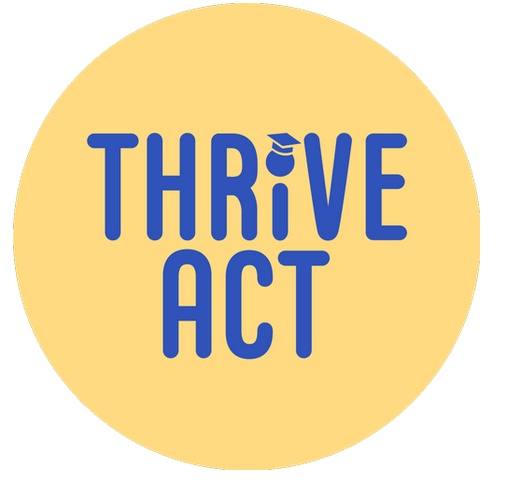
Here are two things that you can do to help realize this better vision for public education:
(1) Write to your state legislators today in support of the Thrive Act. If you want to see if they’re already on board, you can look them up here.
(2) RSVP for the Thrive Act Advocacy Day at the State House on Wednesday, May 24.
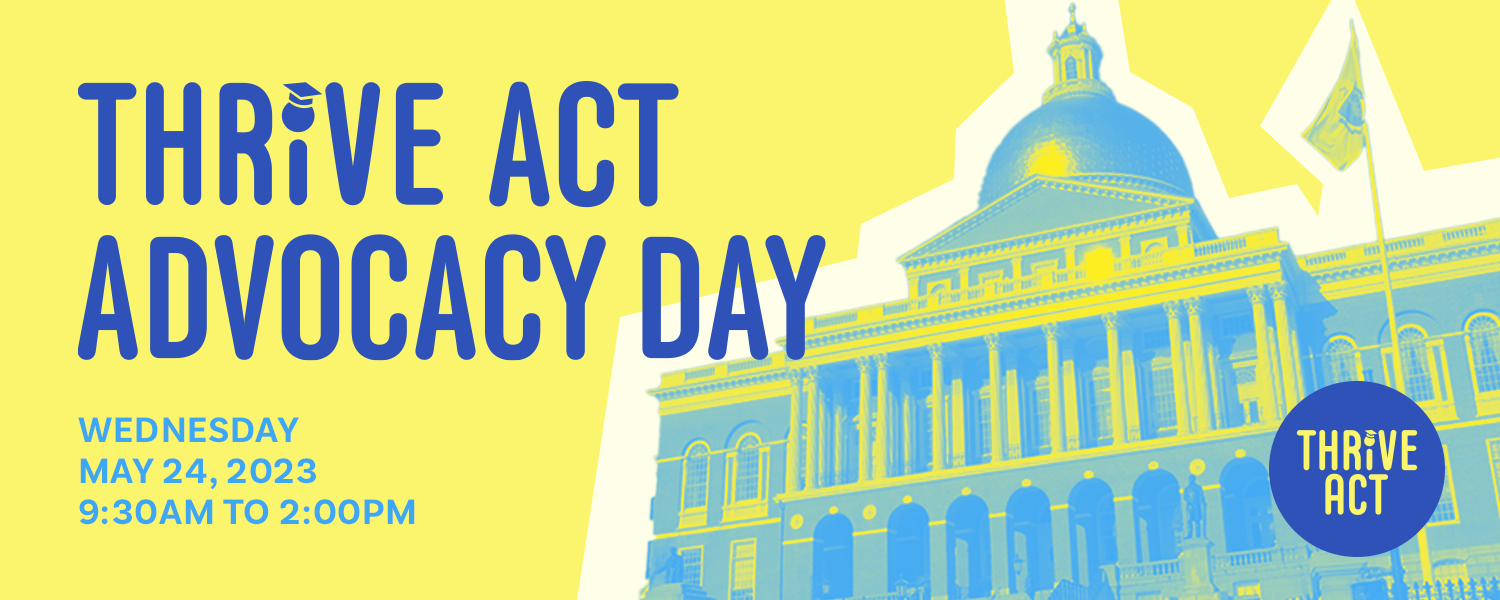

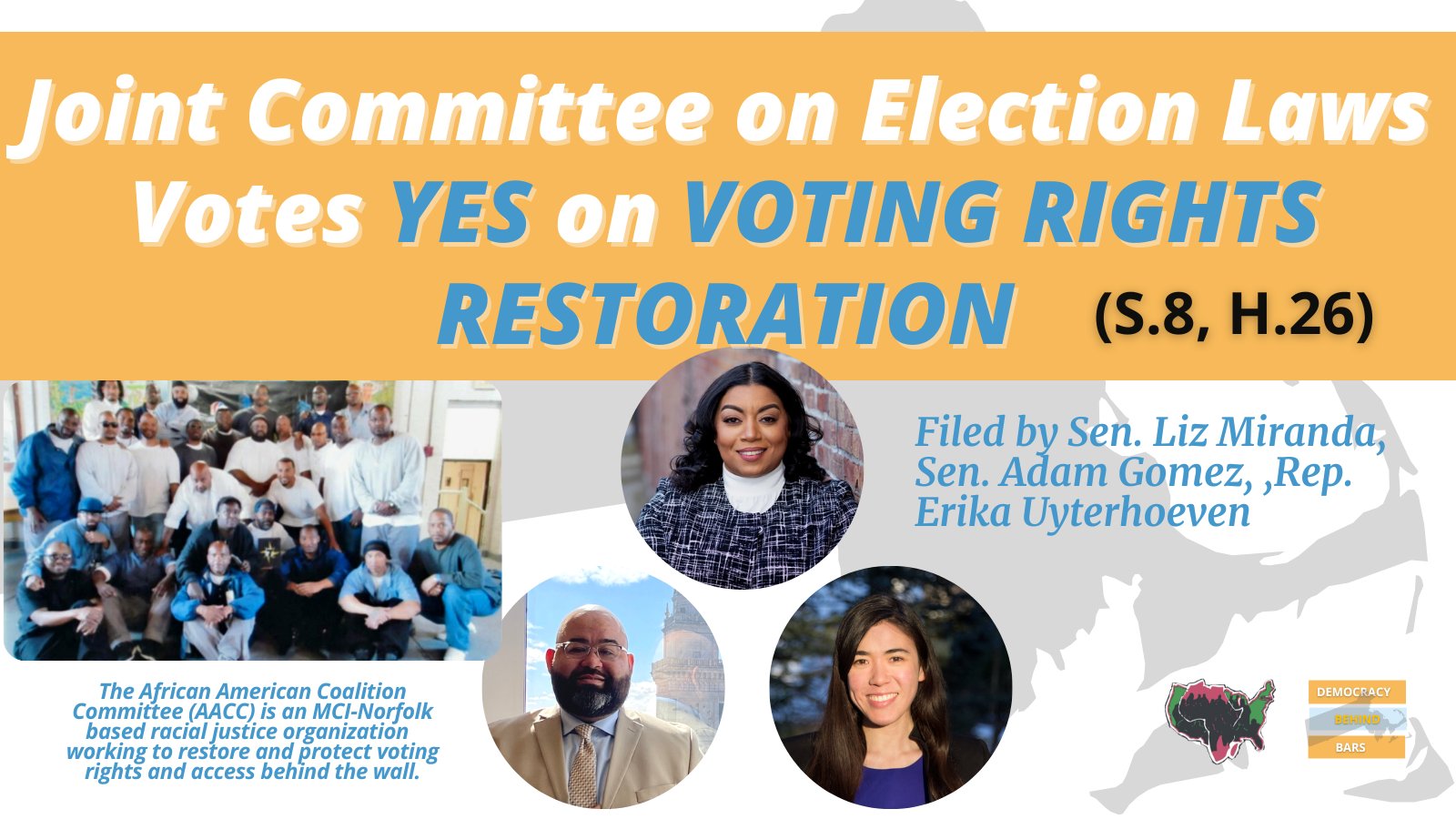
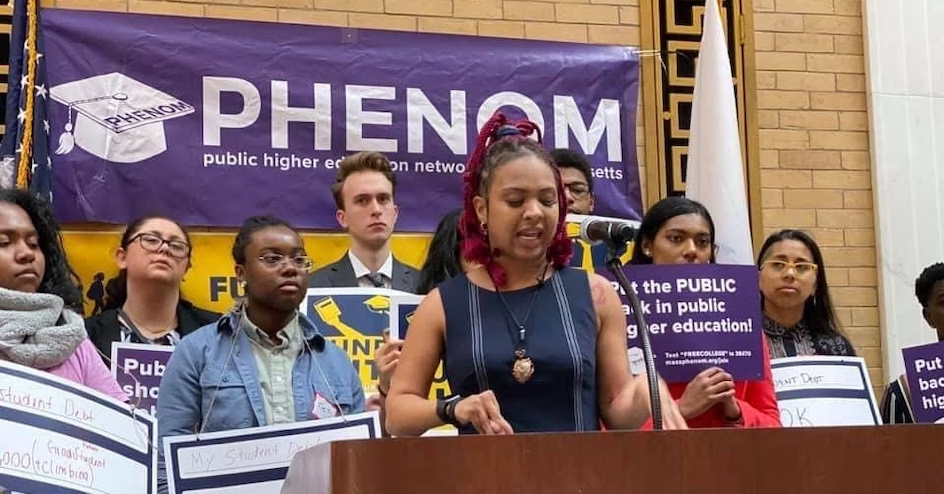
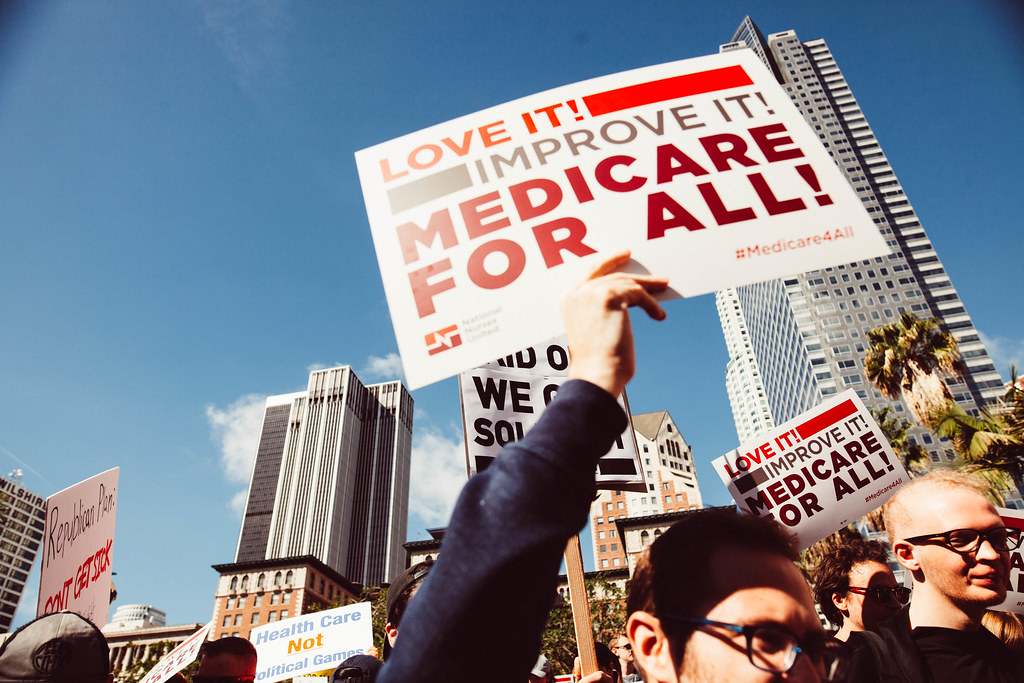

.png)
 REJECT the proposed cut to the short-term capital gains tax that would overwhelmingly benefit wealthy investors;
REJECT the proposed cut to the short-term capital gains tax that would overwhelmingly benefit wealthy investors;




